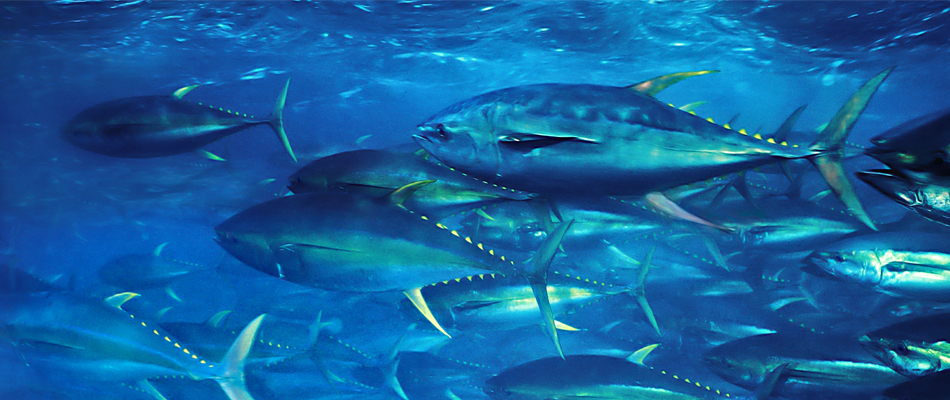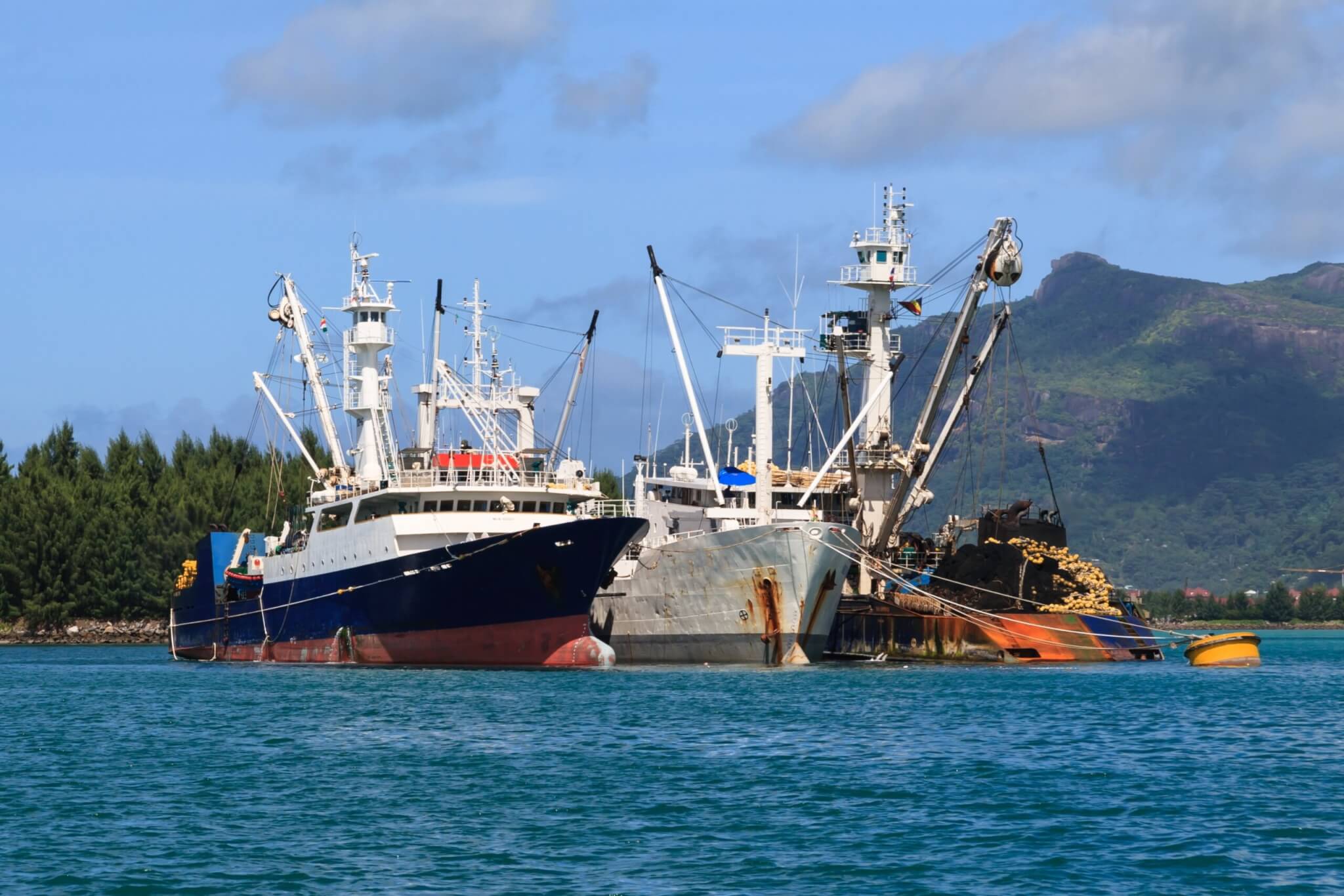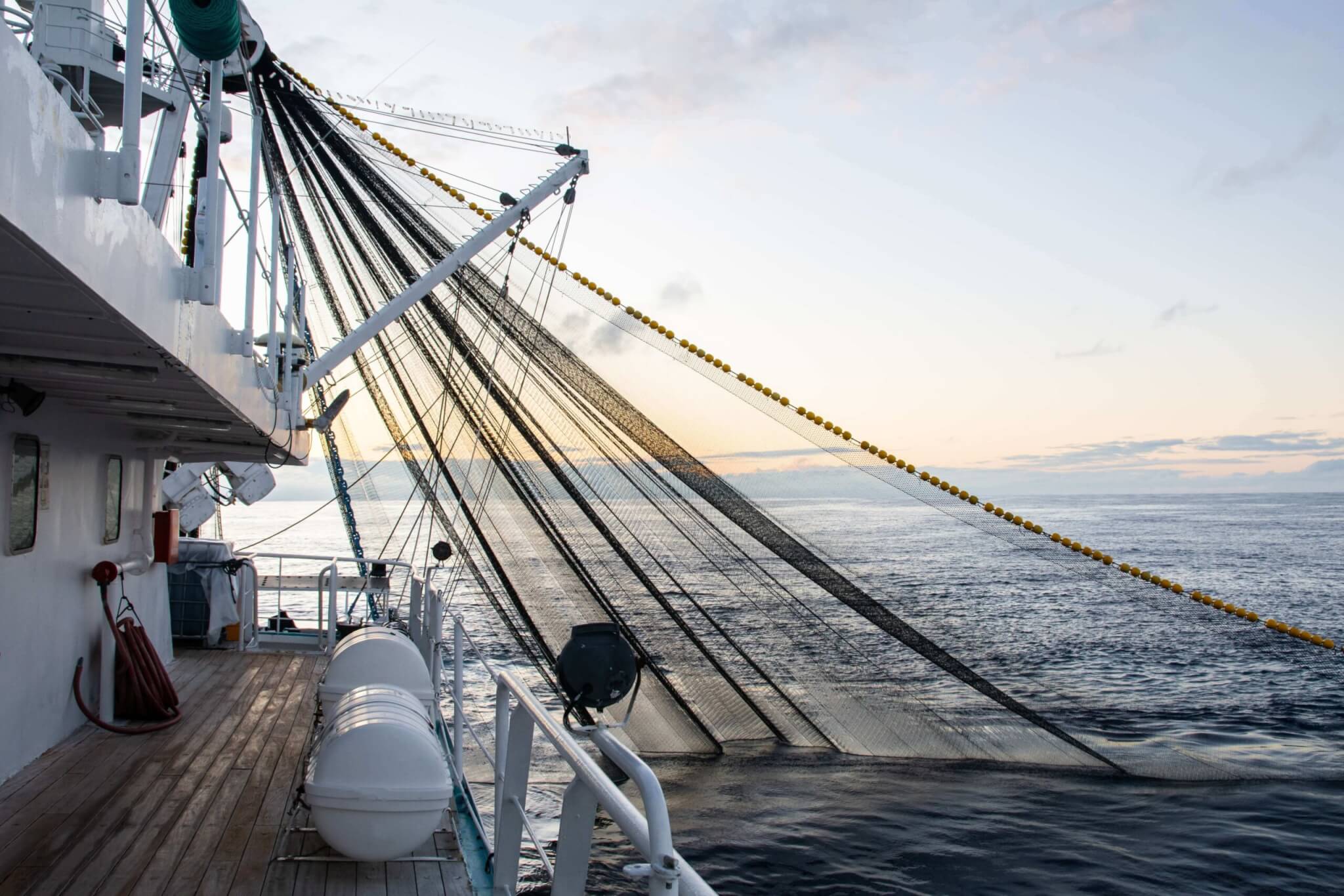
ICCAT Must Take Action to Ensure Atlantic Ocean Bigeye and Yellowfin Tuna Stocks Maintain Sustainable Levels
The International Seafood Sustainability Foundation (ISSF) has published its position statement in advance of the International Commission for the Conservation of Atlantic Tunas (ICCAT) annual meeting from November 15-22, 2021. ISSF is advocating for updated protections for bigeye and yellowfin tuna stocks, upgraded policies related to the use of biodegradable fish aggregating devices (FADs), the adoption of harvest strategies, and more.
Protections for #bigeye and #yellowfin #tuna, upgraded policies on biodegradable fish aggregating devices (FADs), and more: Find out what ISSF wants #ICCAT to prioritize at its upcoming meeting. Share on X“There are several issues that require the immediate attention of the Commission when they assemble, and we urge all parties to reach consensus around these pressing matters in order to improve the management and monitoring of Atlantic tunas,” said ISSF President Susan Jackson. “Atlantic bigeye and yellowfin stocks have recently improved to sustainable levels, but if catches of these species continue to exceed the total allowable catch, that won’t be the case for long.”
ISSF Top Priorities for ICCAT
- Revise Recommendation 19-02 to ensure that the bigeye and yellowfin tuna stocks are maintained at sustainable levels and catches are maintained within the total allowable catch (TAC)
- Adopt a work plan for FADs with a timeframe to transition to FADs without nets and made primarily with biodegradable materials; develop recovery policies, a marking scheme and ownership rules; and require submission of FAD position and acoustic data
- Accelerate the adoption of harvest strategies for tropical tunas
- Adopt minimum standards for electronic monitoring and require 100% observer coverage (human and/or electronic) for all major ICCAT fisheries, and all vessels engaged in at-sea transshipment by 2024
- Request the Compliance Committee to address noncompliance with FAD data reporting requirements and develop audit points for ICCAT measures
Jackson added, “ICCAT must take action now to maintain sustainable levels for those two important stocks. But it also has other urgent work to do like the adoption of a work plan for biodegradable FADs, accelerating the adoption of electronic monitoring and requiring one hundred-percent observer coverage and speeding up its development of harvest strategies.”
Read the full ICCAT Position Statement on the new ISSF website; the statement is also available in French and Spanish. ICCAT’s meeting will be conducted virtually.
ISSF Global Priorities for Tuna RFMOs
ISSF is committed to advocating for science-based approaches, policies and conservation measures to advance tuna fisheries sustainability. Here are ISSF’s Global Priorities for four Tuna RFMOs — the Indian Ocean Tuna Commission (IOTC), the Inter-American Tropical Tuna Commission (IATTC), the International Commission for the Conservation of Atlantic Tunas (ICCAT) and the Western and Central Pacific Fisheries Commission (WCPFC):
- Implementation of rigorous management procedures, including harvest control rules and reference points
- Effective management of fleet capacity, including developing mechanisms that support developing coastal state engagement in the fishery
- Science-based FAD management & non-entangling and biodegradable FAD designs
- Increased member compliance with all adopted measures, and greater transparency of processes reviewing member compliance with measures
- Strengthened monitoring, control, and surveillance (MCS) measures and increased observer coverage, including through modern technologies such as electronic monitoring and e-reporting
- Adoption of best-practice bycatch mitigation and shark conservation and management measures


